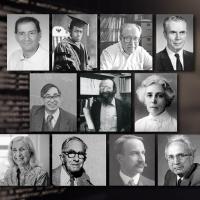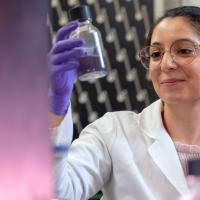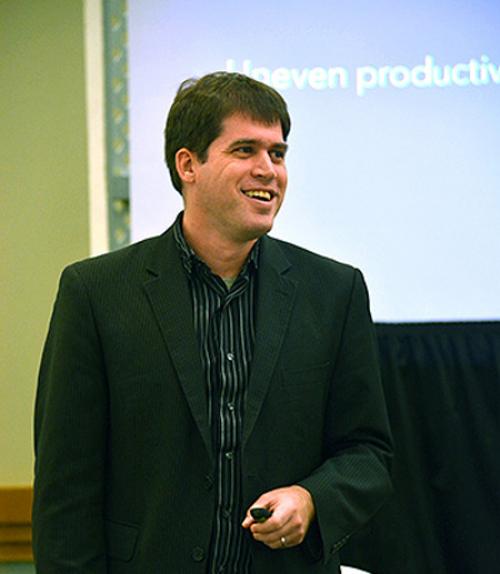Brian Lukoff '04 loves math.
This is not true for many Americans (30 percent according to a recent survey), who say they're just "not good at math."
Lukoff thinks there's a way to change that statistic, believing that part of the problem is the way students are learning in math and other disciplines as well. He has developed a tool that helps teachers and professors gauge what their students know and address gaps right away.
His startup, Learning Catalytics, was acquired last spring by Pearson, a technology-focused textbook publisher. Learning Catalytics' product is a cloud-based classroom tool that can be used in many ways:
Professors can pose many different kinds of open-ended questions in class (even something that requires students to draw a graph); have students submit their answers on their smartphones, tablets or laptops; and pull up the aggregated responses and address problems immediately.
Students can ask questions during class anonymously, and the professor can answer to the whole class.
Professors can access a library of questions created by other professors to enhance classroom content.
Professors can use student responses to group students for discussions or problem-solving based on their responses and location in the classroom, increasing peer discussion opportunities and teamwork.
Lukoff's pathway to a career in educational technology began during his time as a College Scholar in the College of Arts and Sciences, where he combined a love for math with an interest in computer science and education.
"For my senior thesis, I 'cold emailed' a number of professors whom I'd never met before and told them that I had this kooky idea for a research project based on educational assessment, and would they be able to help me," Lukoff says. "What impressed me was that these Cornell professors took me seriously and gave me a lot of their time and expertise. I found out that people really did care about the things I was interested in. That can be hard to find at big research institutions."
After Cornell, Lukoff earned master's and doctoral degrees at Stanford University, with a break during his doctoral studies to try out classroom teaching at a high school ("teaching high school is much harder than teaching college," he says). He also worked at a small company learning how to juggle software engineering, product management and business goals at a tech startup. He returned to Stanford to complete his Ph.D. and took a postdoc position at Harvard University working with researchers on classroom innovation. Learning Catalytics was born from a side project with two professors related to that research.
"We formed the company in the summer of 2011 after testing the technology for a semester in the classroom and noticing that people visiting the classroom to observe the class wanted to use it in their classrooms," Lukoff says. "My interest in education has always been to try to do things where I can have an impact on students' lives."
Now living in Austin, Texas (Lukoff can work virtually from anywhere), he's able to focus solely on product design and strategy and lets the sales force at Pearson handle that side of things.
"The wonderful thing about my experience at Cornell was that I had to figure out on my own what was interesting in the field and what my contribution could be," he says. "And things really came full circle: It was very rewarding for me when Learning Catalytics started to be used at Cornell."
Chemistry professor Melissa Hines and food science professor Carl Batt have used the tool in their classes.
This story first appeared in Ezra Update.




